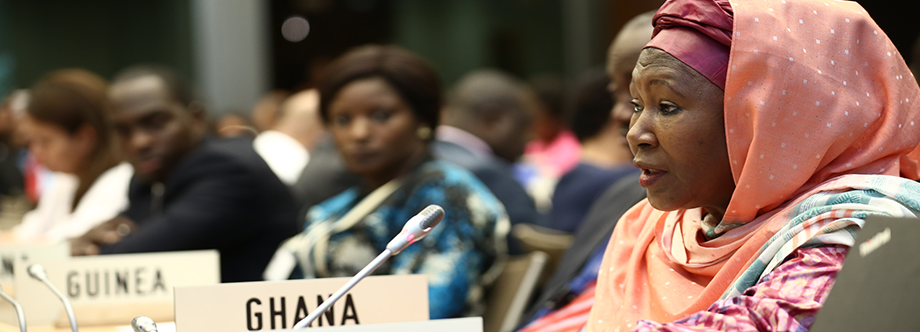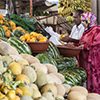Trade policy and trade agreements
Trade agreements influence patterns of trade as well as the production and consumption of food. Ongoing World Trade Organization (WTO) agricultural negotiations and a rapid increase in bilateral, regional and mega-regional trade agreements have seen trade rules becoming more complex. In this context, FAO assists its Members to implement trade agreements and to prepare for trade negotiations, through studies, analyses, training and experience sharing, thus supporting countries’ effective participation in the multilateral trading system and promoting the benefits of trade to be shared by all.
Key messages
| Multilateral trade rules, which take into account the specific needs of developing countries, are needed to ensure that the expansion of agricultural trade is conducive to the eradication of hunger, food insecurity and malnutrition. | |
| Trade policies must consider the different needs and roles of both large-scale agricultural producers and those of smallholder and family farms. | |
| FAO emphasizes the need to strengthen coordinated and participatory policy-making processes, and promotes more inclusive, transparent, and predictable rules for trade policy making and implementation. |
Featured Resources
-
Agricultural policy monitoring for eight countries in Eastern Europe, Caucasus and Central Asia
Published: November 2022
-
FAO trade expert networks - Media Kit
Published: October 2022
-
-
Review of Agricultural Trade Policies in Post-Soviet Countries, 2017-2018
RussianPublished: June 2020
-
No. 31 Eleventh WTO Ministerial Conference (MC11) – Outcomes for agriculture and fisheries
Published: February 2021
-
-
-
-
-

















